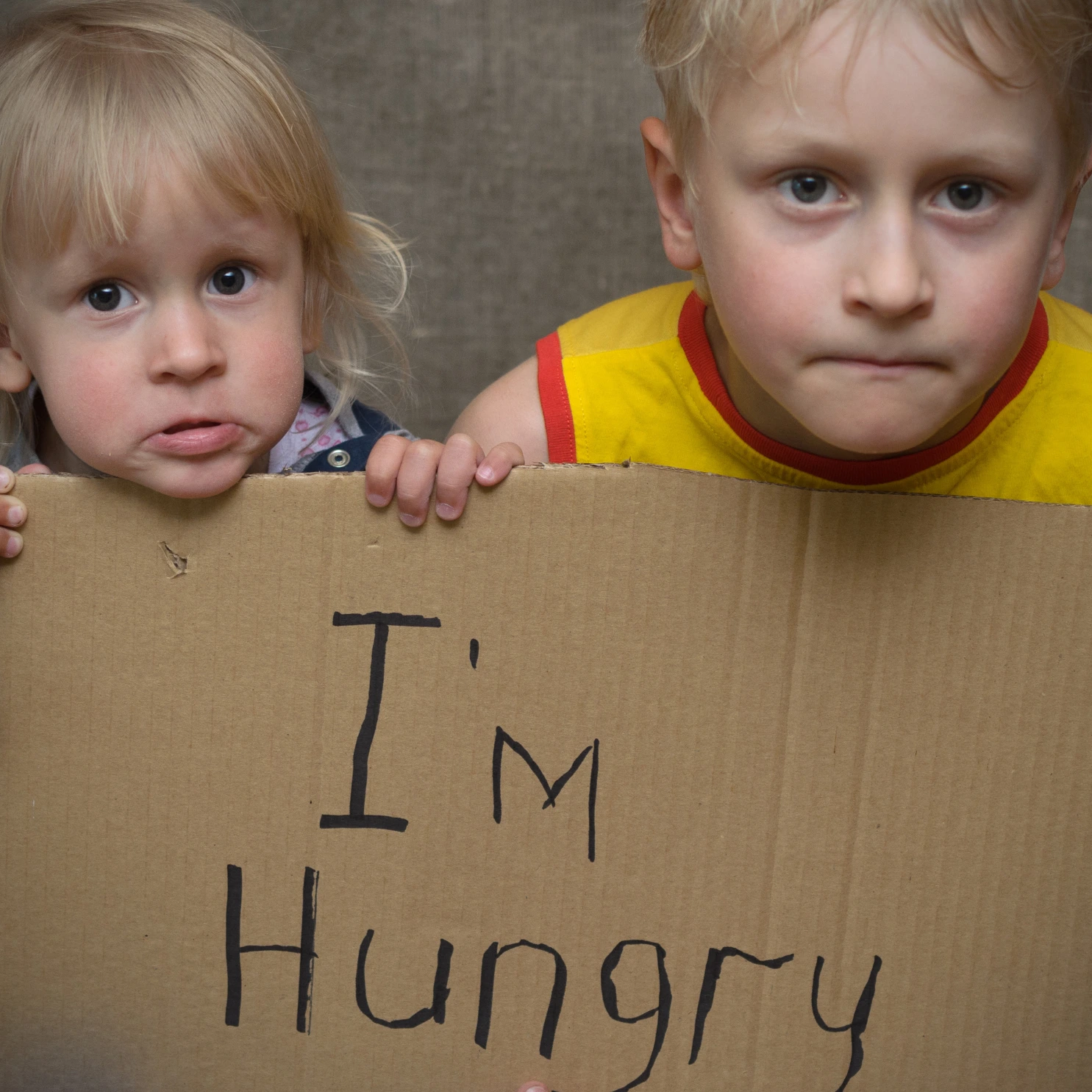

Leveraging Food Banks: Empowering Yourself to Thrive in Other Areas
Food banks are incredible resources that provide a lifeline to individuals and families struggling with food insecurity. However, beyond ensuring essential nourishment, food banks can offer much more. Let’s explore how utilizing a food bank can become a stepping stone towards personal growth, financial stability, and improved overall well-being. By leveraging the assistance of food banks, individuals can access a range of support services to help them get ahead in various areas of their lives.
1. Free up financial resources
By receiving food assistance from a food bank, individuals can free up a significant portion of their budget that would otherwise be allocated towards groceries. This allows them to divert those saved funds towards other vital areas of their lives, such as utilities, healthcare, or housing expenses. Utilizing food banks as a resource helps individuals achieve financial stability and potentially escape the cycle of poverty.
2. Access to community resources
Food banks often collaborate and partner with various community organizations and service providers. These partnerships allow individuals to tap into a wider network of resources and support systems. Many food banks offer additional services like job training, resume building, career counseling, and assistance with finding affordable housing. By taking advantage of these opportunities, individuals can enhance their skill sets, improve their employability, and ultimately create a better future for themselves.
3. Networking and personal connections
Food banks bring together people from diverse backgrounds, fostering a sense of community and connection. Through volunteering or engaging in food bank-provided workshops or events, individuals can expand their social networks, create meaningful personal connections, and find support from individuals facing similar challenges. These connections often lead to valuable opportunities, such as job referrals, mentorship, or even the chance to collaborate on personal projects.
4. Health and nutrition education
Many food banks provide education and resources on health, nutrition, and meal planning. By learning about proper nutrition and meal preparation, individuals can make more informed choices, manage their dietary needs effectively, and enhance their overall well-being. Empowering individuals with this knowledge enables them to apply healthier practices even during times of financial hardship when food options may be limited.
5. Support for educational goals
Food banks frequently collaborate with local educational institutions, offering scholarships, grants, or tuition assistance programs. These initiatives can help individuals pursue their educational goals, ranging from getting a GED to college and vocational training. By seizing these opportunities, individuals can enhance their qualifications, skills, and employability, setting themselves on a path towards long-term success.
While food banks serve as an essential resource for overcoming food insecurity, their impact extends far beyond mere sustenance. By accessing food bank services, individuals gain an opportunity to redirect financial resources, access community support systems, and acquire new skills and knowledge. Leveraging these resources can have transformative effects, enabling individuals to thrive in other areas of their lives, such as education, employment, and overall well-being. It is essential to recognize and embrace the comprehensive support available through food banks, as they can serve as a catalyst for positive change and empowerment.